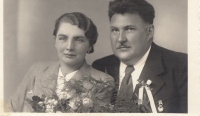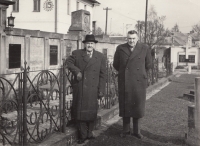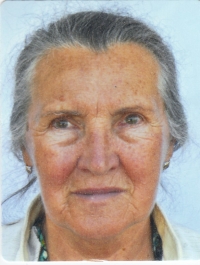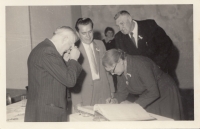She was at the Soviet embassy in Vienna when the Molotov cocktails were burning there on 21 August 1968
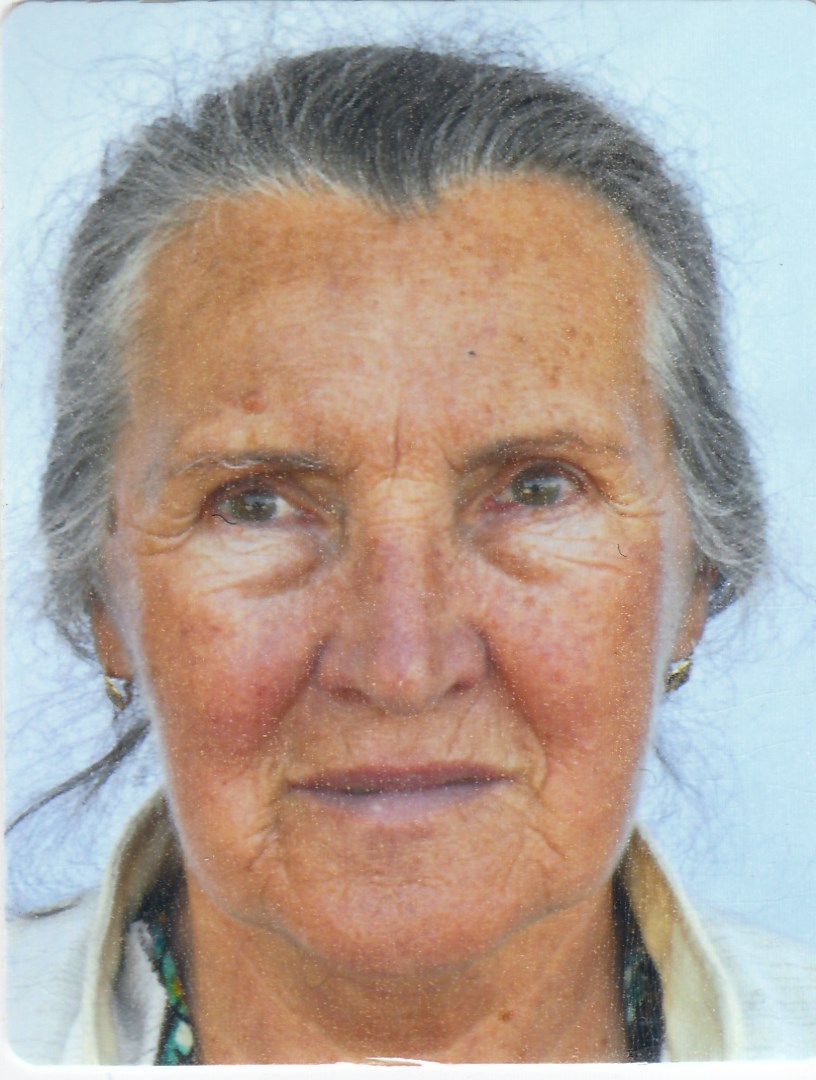
Download image
Marie Kyselová, née Schmoranzová, was born on 31 July 1939 in Slatiňany. Due to the personal antipathy which the Minister of Education Zdeněk Nejedlý held against the Schmoranz family, she was not allowed to study at university. Her relatives who were private farmers lost all their property and some of them even their freedom. Her mother had to work until she was seventy-five years old so that the communist regime would grant her at least a small pension. The witness travelled to Vienna in 1968, where she learned of the occupation of Czechoslovakia. She headed with other people to protest at the Soviet embassy and witnessed someone throwing two Molotov cocktails there. After returning home, she was protesting and spreading petitions against the entry of the occupying armies. During the upcoming normalization, she was dismissed from her job at a district national committee, where she had worked in the planning department. It was only after a long time and by somebody´s intercession that she managed to get a low-paid job in road administration. After the Velvet Revolution, the witness joined KDU-ČSL [Christian Democratic Union - Czechoslovak People´s Party] and as a member worked actively in Slatiňany. In 2019, she was living in a nursing home in Slatiňany.
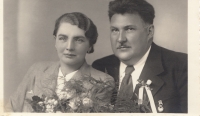
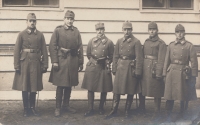
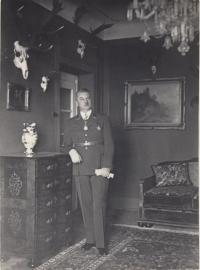

![Uncle Jan Mayer with his wife and daughter, who later became a biologist in Měcholupy. Photo from 1940. After a milionaires levy [a special tax imposed to cover the damage caused in agriculture by the extraordinary drought in the summer of 1947, trans.], was introduced, they moved to Slatiňany](https://www.memoryofnations.eu/sites/default/files/styles/witness_gallery/public/2019-04/IMG_20190402_0005.jpg?itok=9l3_p7bu)
![Wedding photo of Stanislav Boháč and his wife Anna (née Rabušicová) from 1957. Stanislav Boháč was younger brother of Marie Schmoranzová. He lived in Zaječice, he was a member of the Sokol movement and PTP (Technical Auxiliary Battalions). He allegedly introduced himself as "Stanislav Boháč [in Czech his surname means "rich man", trans.], a rich village man."](https://www.memoryofnations.eu/sites/default/files/styles/witness_gallery/public/2019-04/IMG_20190402_0006.jpg?itok=woRrv_pK)
